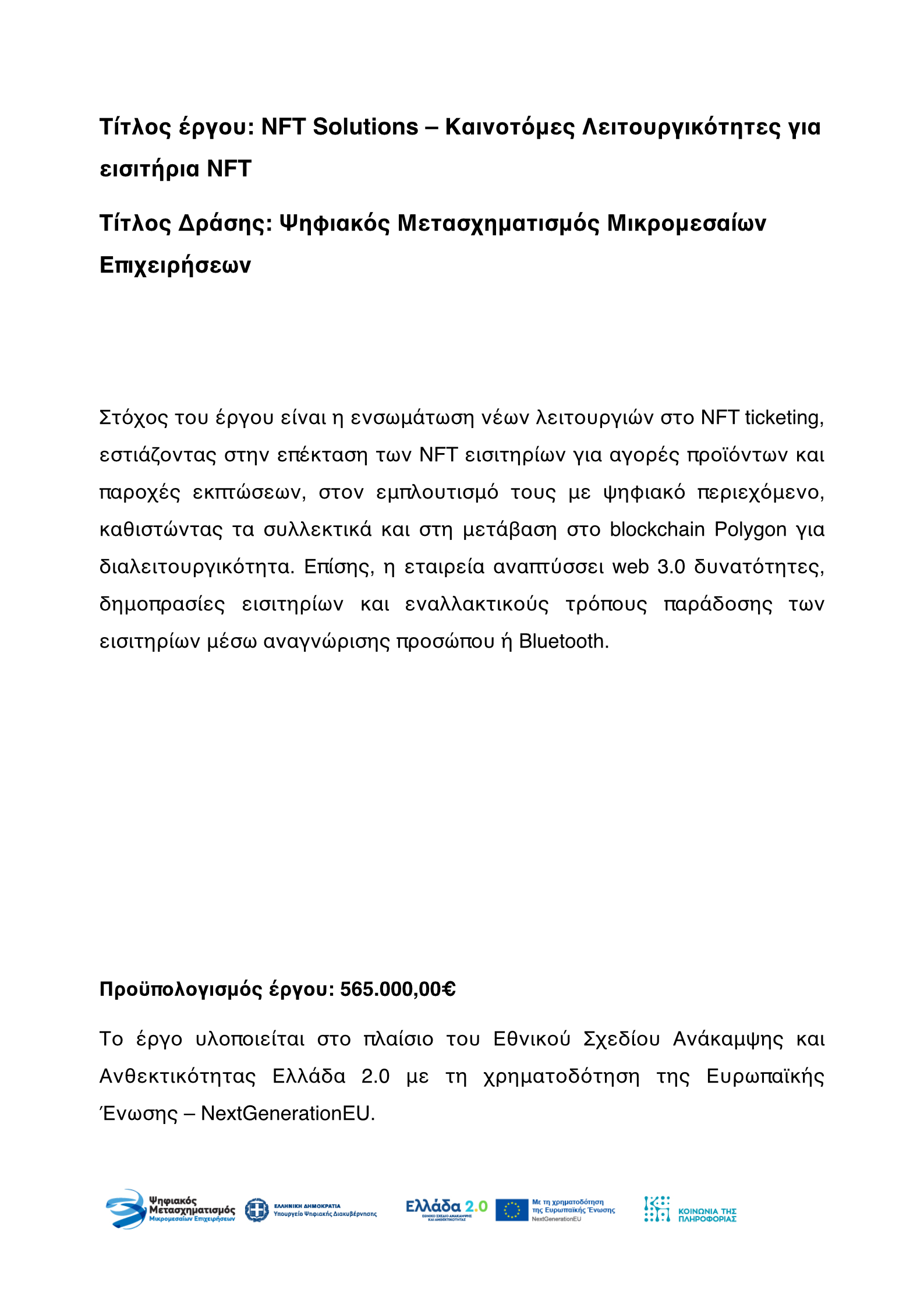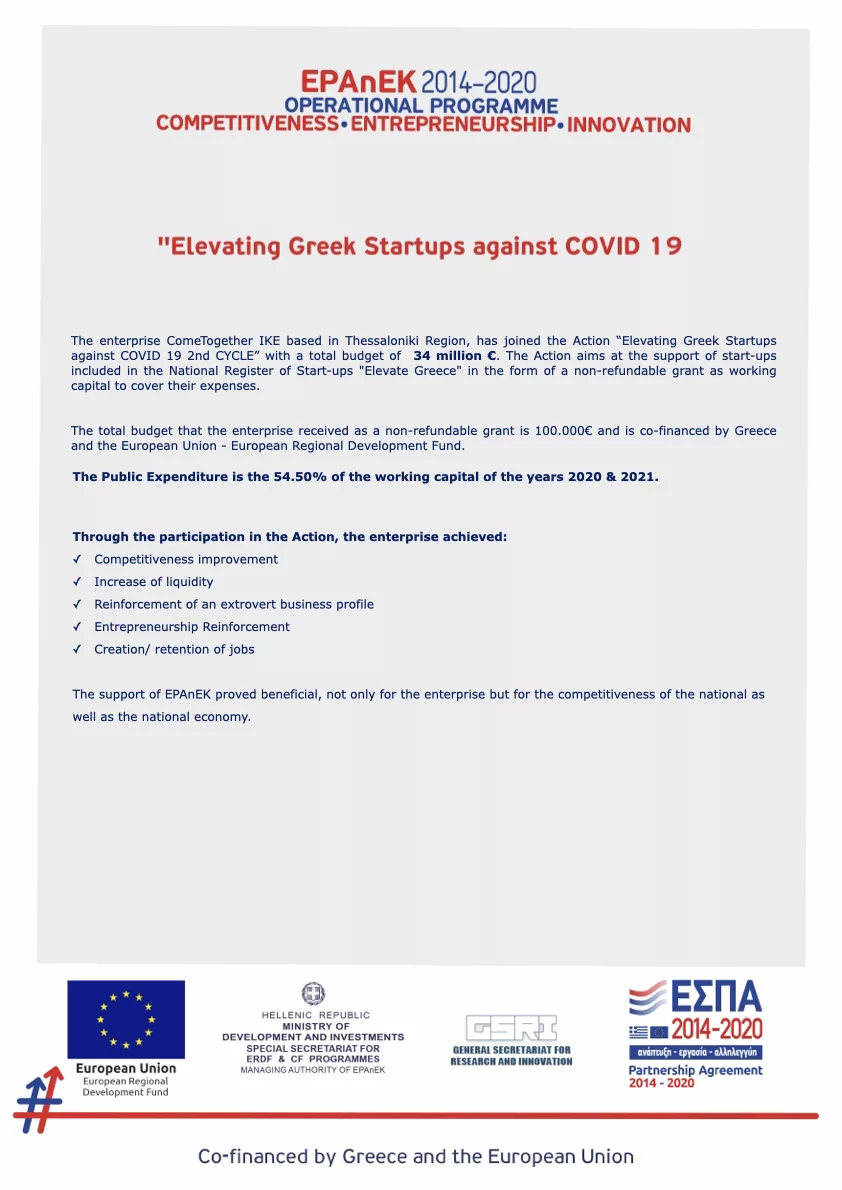As the digital world evolves, so do the methods of purchasing and verifying tickets for events. One of the most promising innovations in recent years is the use of Non-Fungible Tokens (NFTs) for ticketing. While this technology offers numerous benefits, such as reducing fraud and enhancing the customer experience, it also presents unique security challenges. Understanding the importance of security in NFT ticketing is crucial for event organizers, platforms, and consumers alike.
The Importance of Security in NFT Ticketing
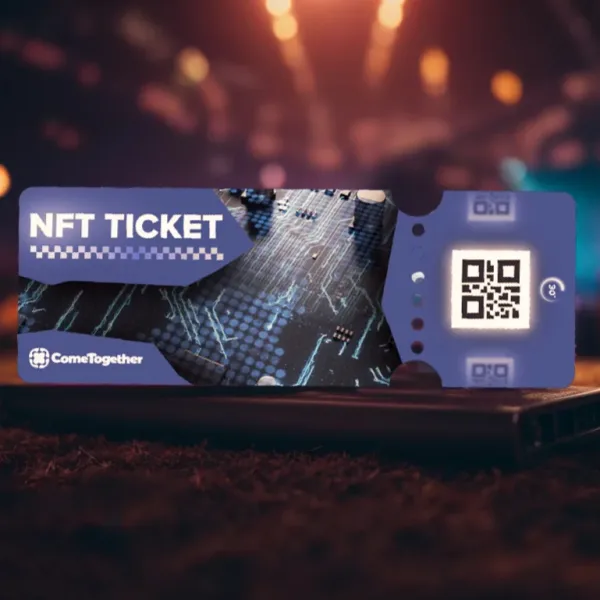
Table of Contents
– Overview of NFT ticketing and its growing significance
– Explanation of Non-Fungible Tokens and their use in ticketing
The Role of Security in NFT Ticketing
– Importance of security measures in NFT ticket systems
– Protecting Consumer Data
– Smart Contract Security
– Resale and Scalping Control
Ensuring Security in NFT Ticketing
– Platform Audits
– User Education
– Collaboration with Cybersecurity Experts
What is NFT Ticketing?
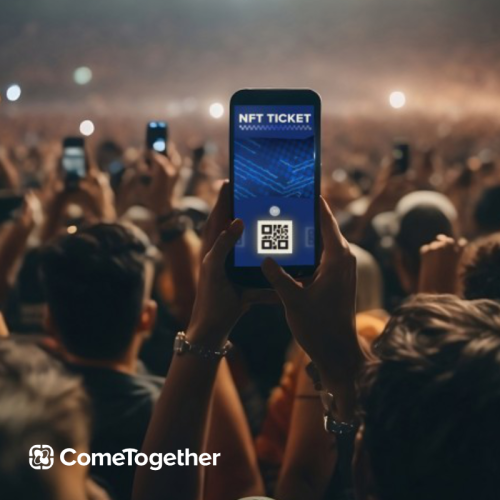
NFTs are unique digital assets that cannot be replicated, and this uniqueness makes them ideal for use in ticketing. Unlike traditional digital tickets, which can be copied or resold on unauthorized platforms, NFT tickets are embedded with blockchain technology, ensuring that each ticket is verifiable, traceable, and tamper-proof. This allows organizers to maintain greater control over ticket distribution and resale while providing attendees with an immutable proof of authenticity.
The Role of Security in NFT Ticketing
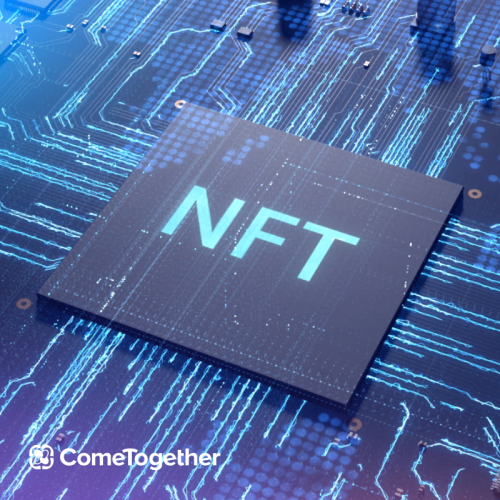
While the benefits of NFT ticketing are clear, the need for robust security measures is paramount. Blockchain technology inherently provides a high level of security through decentralized verification, but there are still vulnerabilities that must be addressed. Below are the key security aspects that need attention in NFT ticketing:
- Preventing Fraud and Counterfeiting
Traditional ticketing systems are vulnerable to fraud, particularly when it comes to counterfeit tickets. With paper tickets or even electronic ones, it’s relatively easy for bad actors to create duplicates or false versions. NFT tickets eliminate this risk by leveraging the blockchain, where each ticket is uniquely identifiable. However, without proper security protocols, hackers could exploit weaknesses in the platforms where NFT tickets are issued or sold.
2. Protecting Consumer Data
NFT tickets are often tied to users’ digital wallets, which store their personal data and sometimes financial information. If security measures are not sufficiently stringent, these wallets could be hacked, leading to theft of assets or sensitive data. Ensuring strong encryption and secure wallet integration is essential to protect users from data breaches and other malicious attacks.
3. Smart Contract Security
NFT tickets operate through smart contracts—self-executing contracts where the terms are directly written into code. While these smart contracts are highly efficient, they can be a potential vulnerability if not properly audited. Bugs or exploits in the smart contract code could allow hackers to manipulate the ticketing process or steal funds. It is crucial to perform thorough audits of smart contracts to prevent such incidents.
4. Resale and Scalping Control
One of the major advantages of NFT ticketing is its ability to control the resale market. Organizers can use smart contracts to enforce restrictions on ticket resale, ensuring that tickets are only resold through authorized platforms and at predetermined prices. This prevents ticket scalping, which has long plagued traditional ticketing systems. However, without secure systems in place, malicious actors could find ways to bypass these restrictions.
Ensuring Security in NFT Ticketing
To maintain the security and integrity of NFT ticketing, several best practices must be followed:
Platform Audits: Regular security audits of the platforms issuing and handling NFT tickets are essential to identify vulnerabilities and ensure that smart contracts are free from exploits.
User Education: Educating users on how to securely store their digital wallets, recognize phishing attempts, and follow best practices for digital asset management can significantly reduce security risks.
Collaboration with Cybersecurity Experts: Event organizers and ticketing platforms should work with cybersecurity professionals to ensure that their systems are designed with the highest security standards in mind.
The rise of NFT ticketing offers immense potential to revolutionize the event industry by providing secure, transparent, and efficient ticketing solutions. However, the importance of security cannot be understated. By addressing potential vulnerabilities and implementing robust security measures, NFT ticketing can not only enhance the user experience but also create a more trustworthy and fraud-resistant system for the future.
FAQs
What is NFT ticketing?
NFT ticketing involves using Non-Fungible Tokens (NFTs) as digital tickets for events. These tickets are unique, verifiable, and stored on the blockchain, making them resistant to fraud, counterfeiting, and unauthorized resale.
How does NFT ticketing improve security compared to traditional methods?
NFT tickets are secured through blockchain technology, which provides a tamper-proof record of ownership. Unlike paper or electronic tickets, NFTs are uniquely identifiable and cannot be duplicated or falsified, significantly reducing fraud and counterfeiting risks.
Why is security important in NFT ticketing?
While blockchain provides inherent security, vulnerabilities in platforms, wallets, or smart contracts can still be exploited by hackers. Securing these areas is crucial to protect users’ data, prevent ticket fraud, and maintain trust in the system.
What are the common security risks associated with NFT ticketing?
Some common risks include hacking digital wallets that store NFT tickets, vulnerabilities in the platforms where tickets are sold, and bugs in smart contracts that could be exploited by malicious actors.
How does NFT ticketing prevent ticket fraud?
NFT tickets are tied to a blockchain ledger, making them verifiable and unique. This eliminates the possibility of counterfeit tickets, as each NFT can be authenticated on the blockchain to ensure it is legitimate.
How are resale and scalping controlled in NFT ticketing?
Smart contracts can be used to restrict how NFT tickets are resold, such as limiting resale prices or requiring tickets to be sold only on authorized platforms. This helps control scalping and ensures tickets are resold fairly.
What security measures should be taken to protect NFT tickets?
Key security practices include auditing smart contracts, securing digital wallets, conducting regular platform audits, and educating users on safe practices for managing their NFTs and wallets.
Can hackers steal NFT tickets from digital wallets?
Yes, if the wallet is not properly secured. Users need to protect their wallets with strong passwords, enable two-factor authentication, and avoid phishing scams. Using secure, trusted wallet platforms is also essential.
What is the role of smart contracts in NFT ticketing security?
Smart contracts are used to automate the ticketing process, such as issuing and verifying tickets, as well as setting rules for resale. Ensuring that these contracts are well-written and free of bugs is critical to prevent exploits that could compromise ticket security.
How can users protect themselves when using NFT tickets?
Users should ensure they are purchasing tickets from trusted platforms, store their NFTs in secure wallets, avoid sharing private keys, and be aware of phishing attacks that could compromise their digital assets.
Are there any regulations governing NFT ticketing security?
While the technology is still relatively new, industry standards and best practices are emerging. Event organizers and ticketing platforms are encouraged to follow established security guidelines, such as regular audits and collaboration with cybersecurity experts, to ensure safe transactions.
What are the advantages of NFT ticketing beyond security?
NFT ticketing offers enhanced control over resale, the ability to track ticket ownership, and the opportunity for fans to hold unique digital assets as collectibles. It also allows event organizers to engage with attendees in new ways, such as through exclusive perks or content tied to the NFT.

